Baby Survives Heart Attack After Mistaking Drain Cleaner for Milk

It takes seconds for a routine moment at home to turn into a nightmare. For one Birmingham family, a simple afternoon of cleaning became the day their lives changed forever. Eighteen month old Sam Anwar Alshameri accidentally drank a bottle of drain cleaner he believed was milk, setting off a medical emergency so severe that even doctors called his survival a one in a million outcome.
This story is heartbreaking, but it is also a powerful reminder of how fast tragedies can unfold and how deeply families are impacted when they do. The references from Wales Online, The Sun, BirminghamLive, and additional reports paint a painful yet vital picture of an incident that continues to resonate with parents across the UK and beyond.
The Moment Everything Changed
Sam’s parents, Nadeen and Mukhtara, describe a normal day in May at their flat in Highgate, Birmingham. With four children at home, moments of quiet are rare. That afternoon, Mukhtara was cleaning the bathroom while the children remained in the living room. What she did not know was that Sam had toddled behind her into the bathroom.
According to reports shared across outlets like Wales Online and The Sun, she had placed a white bottle of drain cleaner on the floor while unblocking the sink and bath. The taps were running, masking the sound of Sam entering the room. In that brief window, the toddler picked up the bottle, thought it was milk, and drank from it.
By the time his mother turned and realized what had happened, the caustic soda had already started burning his lips, mouth, and airway. These moments left irreversible damage. The corrosive liquid did not just burn surface tissue. It traveled internally, leaving doctors stunned at the severity of the injuries.
Nadeen recalled in interviews that everything happened too quickly to stop. When they rushed Sam to Birmingham Women’s and Children’s Hospital, his airway, tongue, and mouth were already severely burned.
The Fight for His Life
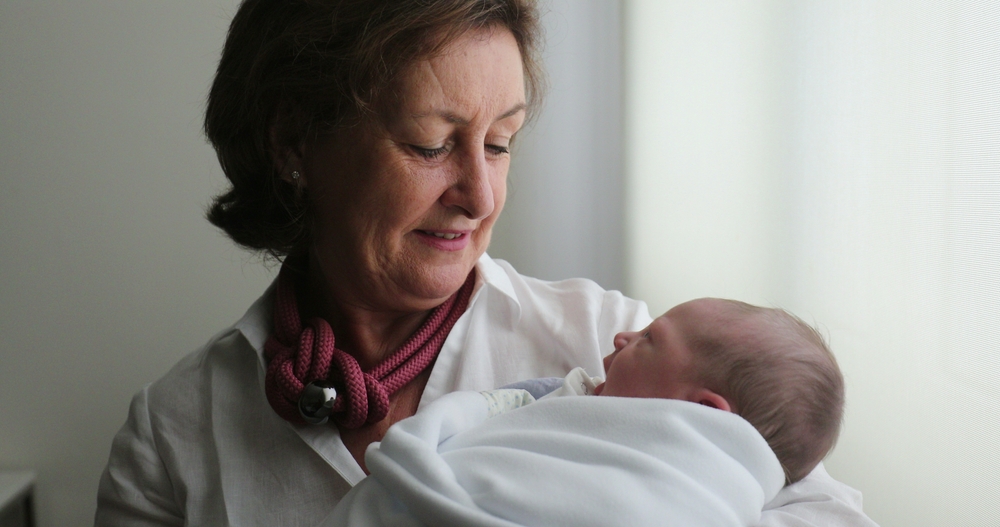
When Sam arrived at the hospital, his condition deteriorated rapidly. The corrosive damage was so severe that medical teams described his case as one of the worst they had ever seen in a child his age. As shared by The Sun and BirminghamLive, Sam went into cardiac arrest shortly after reaching the emergency department.
His heart stopped for nearly three minutes. Twenty seven doctors and nurses worked to bring him back from the brink. For Nadeen and Mukhtara, it was the longest moment of their lives. They watched as a room full of specialists attempted to revive their baby, unsure whether he would survive the ordeal.
Miraculously, Sam did. His parents were told by multiple medical professionals that his survival was a one in a million chance. Some described it as a miracle. But surviving the heart attack was only the beginning of an unimaginably difficult road.
Sam was admitted to intensive care, where he stayed for two months. During this time, doctors monitored the progression of his injuries, adjusted treatment plans, and attempted to prevent further complications. The internal burns were extensive. The damage to his airway and mouth meant he could not speak. He could not swallow. He could not eat or drink on his own.
What doctors discovered over time was even more devastating. The chemical burns had caused significant tissue loss. Sam had lost half of his tongue. His lips and mouth began to heal in a way that caused them to slowly seal shut, leaving a very narrow opening. That opening is now too small for him to swallow food or liquids.
Feeding him through a nasal tube was no longer possible. Doctors eventually inserted a permanent feeding tube directly into his stomach.
A Medical Mystery and a Long Wait
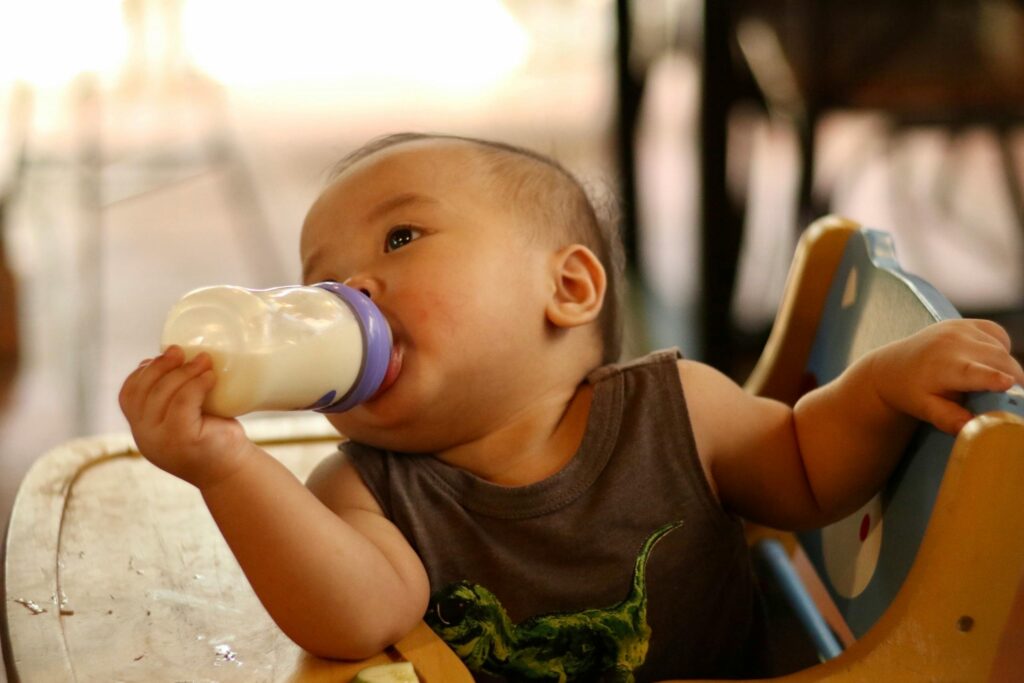
One of the most stressful challenges for the family has been the uncertainty surrounding Sam’s next steps. According to all sourced reports, doctors at Birmingham Children’s Hospital had never seen a case like his in someone so young. The lack of precedent created confusion among specialists.
Some doctors said surgery was possible. Others said it was too early. A few admitted they simply did not know how to proceed because they had never treated a similar case. As Nadeen shared, every doctor seemed to tell him something different.
This uncertainty has left the family in a painful limbo. Sam needs reconstructive surgery to reopen his mouth and address internal damage. Without it, eating, drinking, and speaking remain impossible. However, no concrete timeline has been offered for the procedure. The family was told it could happen next week or next month, but no date has ever been confirmed.
The NHS assured the parents that Sam is in good hands, but the lack of updates has left them anxious, frustrated, and desperate. Nadeen said in interviews that he wakes up every day worrying about his son putting something in his mouth and choking, given that the opening is too small for swallowing. Daily life is filled with fear because the current state of Sam’s mouth poses risks beyond feeding.
Living With the Aftermath
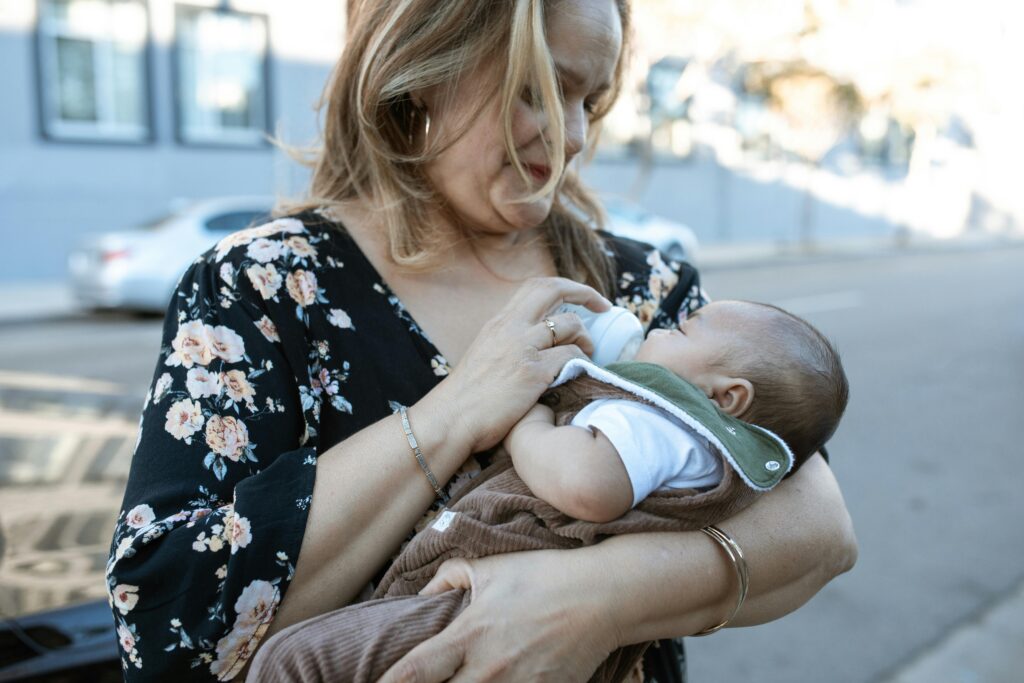
Though Sam survived, the injuries have changed his life and the life of his family. He returned home after his long stay in intensive care, but the challenges did not end when he left the hospital.
Caring for a child with a feeding tube requires constant attention. There are risks of infection, dislodging, blockages, and general discomfort for the child. For parents already juggling rent, food, and the needs of their other children, the situation is emotionally and financially exhausting.
The psychological toll has been immense. Nadeen describes being constantly afraid. Mukhtara, who was only a few feet away when the accident happened, carries the emotional weight of that moment every day. They replay the incident repeatedly in their heads, searching for what they could have done differently, even though sources consistently reinforce that this was a tragic accident.
This kind of emotional burden is common in families who experience sudden childhood trauma. Experts in pediatric injury prevention note that parents often blame themselves, even when circumstances unfolded too fast for anyone to intervene.
Seeking Answers and Hope Abroad
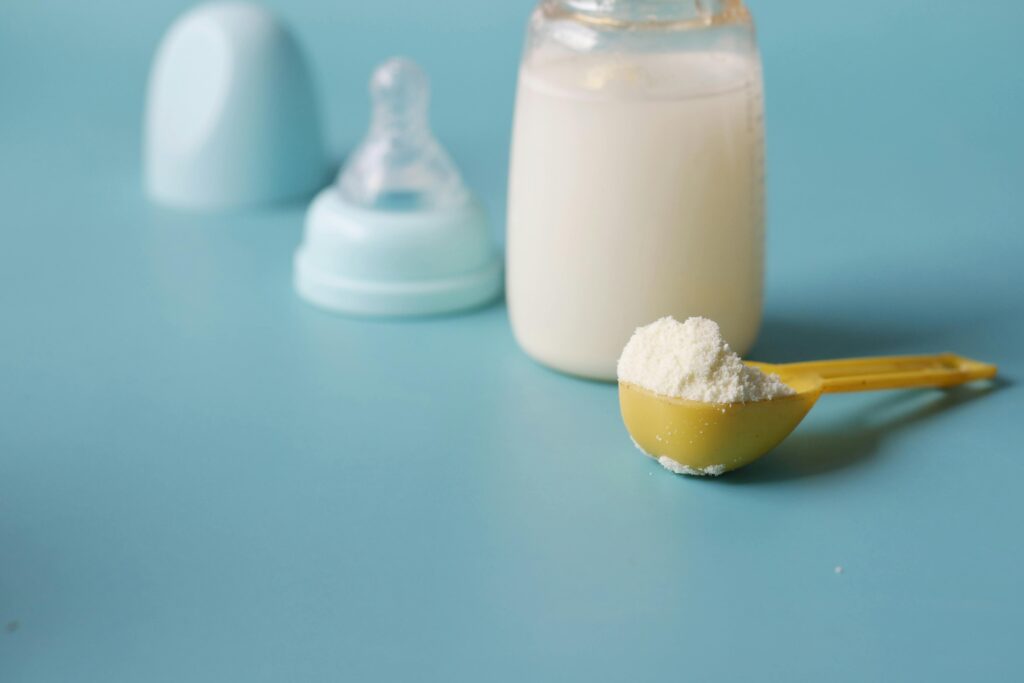
With no clear timeline for treatment in the UK and mixed feedback from medical staff, the family began exploring options abroad. They learned that specialists in Germany and Turkey have experience with complex reconstructive surgeries involving chemical burns and severe airway trauma.
To pursue these options, Nadeen set up a GoFundMe campaign. As he described in interviews, the family is currently surviving on basic expenses, and setting aside money for international medical care is impossible without help. He explained openly that with rent, food, and raising four young children, they simply cannot save enough to cover the procedures Sam might need.
Their GoFundMe has a goal of nine thousand pounds, according to BirminghamLive. The funds would support travel, consultations, and potential surgeries. The family has emphasized that they are not seeking comfort or luxury. They want only a chance for their son to have a functioning mouth and a chance at a normal future.
Why This Story Matters
Stories like Sam’s strike a deep chord with readers because they touch on universal fears. Every parent knows how quickly toddlers move and how curious they are. Children explore their surroundings with little sense of danger. Household cleaning products, despite being ordinary items in every home, can become deadly in seconds.
Accidental poisonings among young children are more common than many people realize. Safety organizations report that thousands of children every year are treated for ingesting household chemicals. Drain cleaners are among the most dangerous because they contain highly corrosive ingredients capable of causing serious internal burns.
Sam’s story is tragic, but it also brings visibility to a crucial issue. It is a reminder that hazards can blend seamlessly into daily life and that even brief lapses in awareness can lead to life altering consequences.
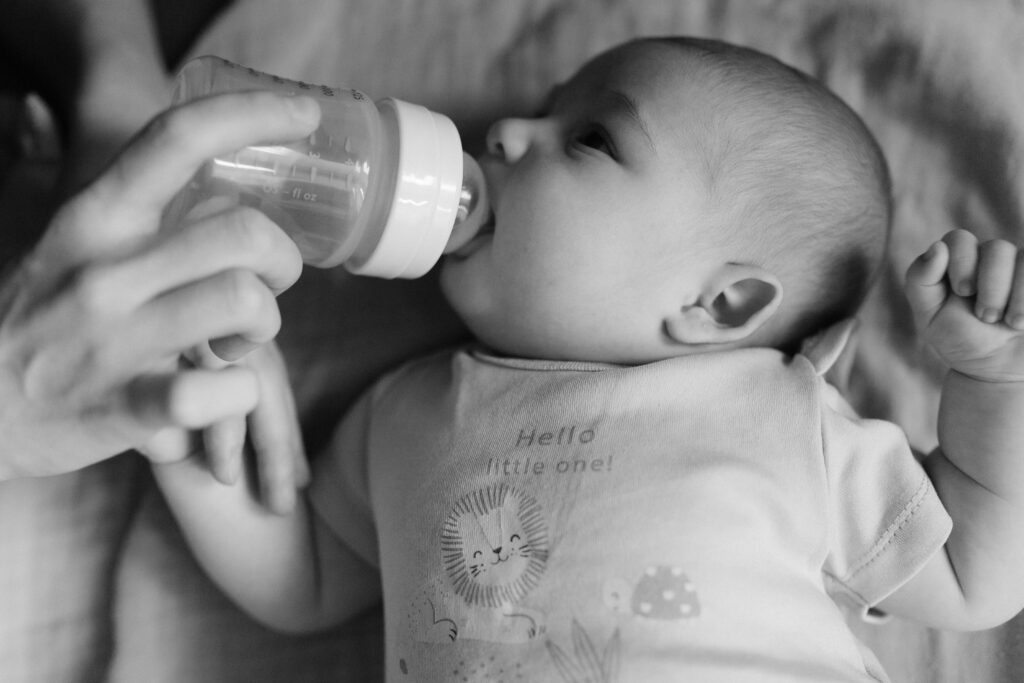
Preventing Similar Accidents
No parent can watch their child every second of every day, but there are practical steps that can reduce the risk of household accidents involving chemicals.
- Store products out of reach: Cleaning supplies should be placed on high shelves or in locked cabinets. Children are incredibly quick and curious, and even brief moments of distraction can lead them to grab items that look harmless.
- Use childproof caps when possible: Some cleaning brands offer safety caps designed to prevent small children from opening bottles. While not foolproof, they add another layer of protection.
- Avoid leaving products unattended: Even during cleaning tasks, placing chemicals on the floor or within reach increases the risk. Keeping bottles in hand or on elevated surfaces can reduce exposure.
- Keep containers in original packaging: Manufacturers design product packaging to signal danger. Transferring chemicals to other containers can make them easier to mistake for food or drink.
- Teach children early about unsafe items: Even very young children can learn simple warnings like hot, danger, or no. While it will not prevent all accidents, early awareness helps build long term safety habits.
How Families Cope With Trauma

Families who endure sudden medical crises often face months or years of emotional recovery. The pressure of caring for an injured child, navigating complex medical systems, and managing financial strain can overwhelm even the strongest households.
Researchers who study the psychological impact of childhood trauma on parents consistently find that feelings of guilt, anxiety, and chronic stress are common. Parents may replay the incident repeatedly in their minds, struggle to sleep, or experience fear about future accidents.
Support networks are crucial. Whether through extended family, community organizations, mental health professionals, or online support groups, families need spaces where they can share their experiences and express their fears without judgment.
Sam’s parents have shown extraordinary strength in discussing their story publicly. Their willingness to speak about what happened has not only helped them seek support for Sam, but has also spread awareness to thousands of other families who may now take additional precautions in their own homes.
A Community Responds
In Birmingham and across the UK, many readers have reacted with shock, empathy, and offers of support. Stories like Sam’s ignite community compassion, reminding people that even strangers can find common ground through shared humanity.
Local initiatives such as holiday gift drives and charity campaigns often emerge in the wake of stories like this one. As BirminghamLive reported, community groups encourage residents to donate to help families facing hardship during difficult times. While these efforts are not directly linked to Sam’s medical needs, they demonstrate how communities often rally to support vulnerable children.
The donations to the GoFundMe page reflect a similar sense of solidarity. Every contribution helps the family move one step closer to securing the medical care Sam desperately needs. It also sends a message that they are not facing this journey alone.

The Road Ahead
Sam’s recovery will be long and complex. Reconstructive surgery for chemical burn injuries can require multiple procedures over several years. Specialists must consider functionality, growth, scar tissue development, and long term quality of life.
For a child who has lost half his tongue and whose mouth has begun sealing shut, surgery is not simply cosmetic. It determines whether he will eventually be able to eat independently, drink normally, speak, or smile. It will shape his development, his confidence, and his daily wellbeing.
Sam’s family is hopeful, but they are also realistic. They know that even with surgery, progress will be slow. They know that physical therapy, speech therapy, and ongoing monitoring will likely be part of his childhood. But they also know that he is a fighter. He survived what many children would not. The fact that he is here today is already extraordinary.
A Story to Learn From
Sam’s story is painful, emotional, and unforgettable. It is a reminder of how quickly life can change and how fragile childhood can be. It encourages parents and caregivers to stay vigilant with household hazards, even during the busiest moments of daily life.
It is also a story of hope. Of a baby who survived against unimaginable odds. Of doctors who fought to keep him alive. Of a family that refuses to give up. And of a community willing to help a child they have never met.
As we follow Sam’s journey, we are reminded that awareness saves lives, compassion strengthens communities, and even in the darkest moments, miracles are possible.
Loading...

